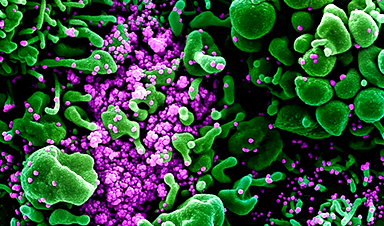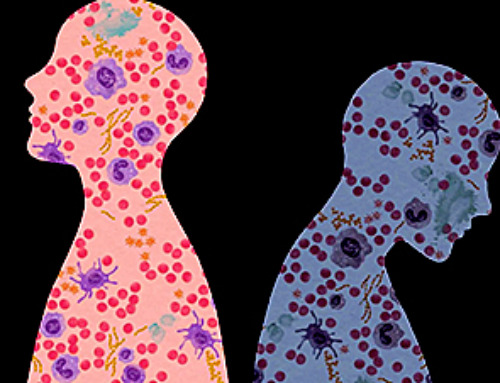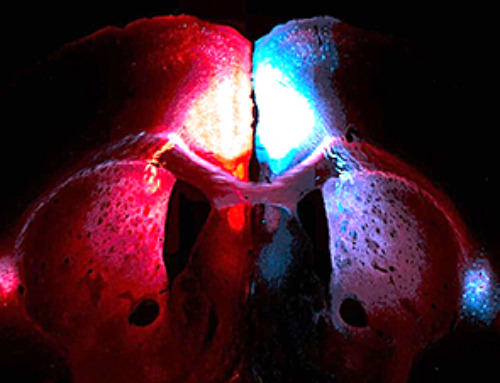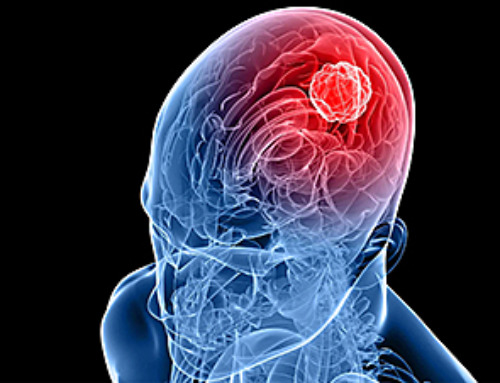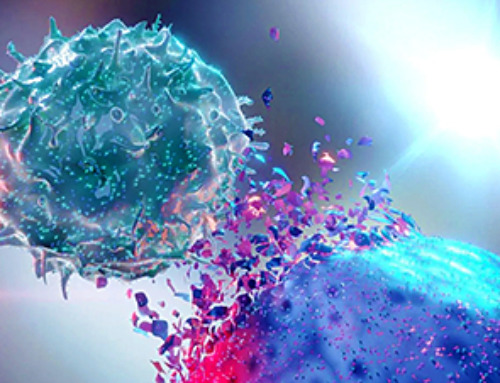A virtual workshop in November 2022 highlighted the importance of developing mucosal vaccines for SARS-CoV-2 that could reduce transmission and infection. Participants discussed challenges and priorities, such as identifying protection correlates, improving animal models, and determining delivery methods. Though no COVID-19 mucosal vaccines have been authorized in the US or Europe, the workshop concluded that research in this area could yield benefits for both COVID-19 and other diseases.
In November 2022, the National Institute of Allergy and Infectious Diseases (NIAID) co-hosted a virtual workshop on the importance and challenges of developing mucosal vaccines for SARS-COV-2. The highlights of this workshop have now been published as a report in npj Vaccines.
Although vaccines currently available for COVID-19 are usually effective at preventing severe disease, hospitalizations and death, researchers recognize the need for improvement. A vaccine more effective at preventing transmission or infection with SARS-CoV-2 could reduce overall replication of the virus and associated disease burden. Because SARS-CoV-2 enters the body and is transmitted via the respiratory tract, a vaccine to promote a mucosal immune response in the respiratory tract could be better at blocking transmission and infection. Although at least 44 mucosal vaccines are currently in preclinical development, and several more are in clinical development or authorized for use in other countries, no COVID-19 mucosal vaccines have been authorized for use by regulatory agencies in the United States or Europe.
For instance, new correlates of protection must be identified and verified to evaluate whether a vaccine improves recipients' mucosal immune responses to SARS-CoV-2, and to facilitate clinical testing and regulatory approval. Improved animal models are needed to help researchers develop potential mucosal vaccines, according to the report. Careful clinical design is needed to assess the unique safety concerns related to mucosal vaccines and to appropriately evaluate whether a vaccine can block transmission of the virus. Trial design also needs to account for how vaccines will be used. Since most people have either received a SARS-CoV-2 vaccine or had a natural infection, mucosal vaccines likely will be used as boosters, and researchers will need to know how well vaccines function in people who have some prior immunity. The means of delivery also must be considered: nasal sprays, pills, liquids taken by mouth, and even nebulizers could deliver a vaccine more directly to the respiratory system, but each of these poses unique challenges to manufacture, test and deliver.
Despite these and other challenges, attendees of the workshop were optimistic about the future of mucosal vaccines for COVID-19. Considering the potential benefits that a successful candidate could bring, they concluded that research needed to further mucosal vaccine development is a priority. Such research also could even lead to improved vaccines for other diseases, such as influenza, respiratory syncytial virus (RSV) or tuberculosis, in addition to advancing COVID-19 vaccinology.
News
This Is Why the Same Virus Hits People So Differently
Scientists have mapped how genetics and life experiences leave lasting epigenetic marks on immune cells. The discovery helps explain why people respond so differently to the same infections and could lead to more personalized [...]
Rejuvenating neurons restores learning and memory in mice
EPFL scientists report that briefly switching on three “reprogramming” genes in a small set of memory-trace neurons restored memory in aged mice and in mouse models of Alzheimer’s disease to level of healthy young [...]
New book from Nanoappsmedical Inc. – Global Health Care Equivalency
A new book by Frank Boehm, NanoappsMedical Inc. Founder. This groundbreaking volume explores the vision of a Global Health Care Equivalency (GHCE) system powered by artificial intelligence and quantum computing technologies, operating on secure [...]
New Molecule Blocks Deadliest Brain Cancer at Its Genetic Root
Researchers have identified a molecule that disrupts a critical gene in glioblastoma. Scientists at the UVA Comprehensive Cancer Center say they have found a small molecule that can shut down a gene tied to glioblastoma, a [...]
Scientists Finally Solve a 30-Year-Old Cancer Mystery Hidden in Rye Pollen
Nearly 30 years after rye pollen molecules were shown to slow tumor growth in animals, scientists have finally determined their exact three-dimensional structures. Nearly 30 years ago, researchers noticed something surprising in rye pollen: [...]
NanoMedical Brain/Cloud Interface – Explorations and Implications. A new book from Frank Boehm
New book from Frank Boehm, NanoappsMedical Inc Founder: This book explores the future hypothetical possibility that the cerebral cortex of the human brain might be seamlessly, safely, and securely connected with the Cloud via [...]
How lipid nanoparticles carrying vaccines release their cargo
A study from FAU has shown that lipid nanoparticles restructure their membrane significantly after being absorbed into a cell and ending up in an acidic environment. Vaccines and other medicines are often packed in [...]
New book from NanoappsMedical Inc – Molecular Manufacturing: The Future of Nanomedicine
This book explores the revolutionary potential of atomically precise manufacturing technologies to transform global healthcare, as well as practically every other sector across society. This forward-thinking volume examines how envisaged Factory@Home systems might enable the cost-effective [...]
A Virus Designed in the Lab Could Help Defeat Antibiotic Resistance
Scientists can now design bacteria-killing viruses from DNA, opening a faster path to fighting superbugs. Bacteriophages have been used as treatments for bacterial infections for more than a century. Interest in these viruses is rising [...]
Sleep Deprivation Triggers a Strange Brain Cleanup
When you don’t sleep enough, your brain may clean itself at the exact moment you need it to think. Most people recognize the sensation. After a night of inadequate sleep, staying focused becomes harder [...]
Lab-grown corticospinal neurons offer new models for ALS and spinal injuries
Researchers have developed a way to grow a highly specialized subset of brain nerve cells that are involved in motor neuron disease and damaged in spinal injuries. Their study, published today in eLife as the final [...]
Urgent warning over deadly ‘brain swelling’ virus amid fears it could spread globally
Airports across Asia have been put on high alert after India confirmed two cases of the deadly Nipah virus in the state of West Bengal over the past month. Thailand, Nepal and Vietnam are among the [...]
This Vaccine Stops Bird Flu Before It Reaches the Lungs
A new nasal spray vaccine could stop bird flu at the door — blocking infection, reducing spread, and helping head off the next pandemic. Since first appearing in the United States in 2014, H5N1 [...]
These two viruses may become the next public health threats, scientists say
Two emerging pathogens with animal origins—influenza D virus and canine coronavirus—have so far been quietly flying under the radar, but researchers warn conditions are ripe for the viruses to spread more widely among humans. [...]
COVID-19 viral fragments shown to target and kill specific immune cells
COVID-19 viral fragments shown to target and kill specific immune cells in UCLA-led study Clues about extreme cases and omicron’s effects come from a cross-disciplinary international research team New research shows that after the [...]
Smaller Than a Grain of Salt: Engineers Create the World’s Tiniest Wireless Brain Implant
A salt-grain-sized neural implant can record and transmit brain activity wirelessly for extended periods. Researchers at Cornell University, working with collaborators, have created an extremely small neural implant that can sit on a grain of [...]
